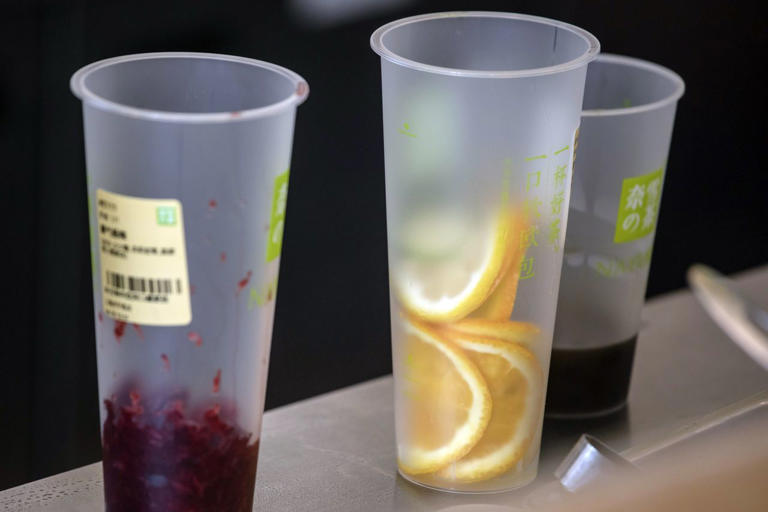Hong Kong’s IPO market, once a global leader, is now witnessing a shift towards bubble tea companies as key players prepare to go public. The move reflects a broader slowdown in China’s economy, impacting the financial hub at its border. The recent trend highlights the adaptation of businesses to changing consumer behaviors and economic conditions.
Amid a backdrop of China’s economic deceleration and dwindling consumer confidence, bubble tea companies are emerging as attractive investment options due to their affordability and competitive pricing strategies. Analysts attribute this trend to a “consumption trade-down” pattern, with consumers seeking value-oriented options in the current economic climate.
However, these companies face challenges in convincing investors, who remain cautious amidst market volatility and economic uncertainties. Hong Kong’s Hang Seng Index has experienced significant declines in recent years, contributing to investor skepticism. Moreover, concerns regarding market saturation and lack of differentiation among bubble tea sellers further dampen investor sentiment.
The IPO market in Hong Kong has slipped to the ninth position globally, with subdued fundraising compared to other major exchanges. Foreign investors have reduced exposure to Chinese markets, preferring alternatives in the U.S., Japan, and elsewhere. This shift reflects diminished confidence in Chinese IPOs among international investors.
The upcoming IPOs of bubble tea companies are met with skepticism, particularly following the poor performance of Nayuki, the only Chinese bubble tea chain listed in Hong Kong to date. Nayuki’s shares have plummeted since its IPO in June 2021, serving as a cautionary tale for prospective investors in the sector.
Despite these challenges, bubble tea remains a popular beverage across Asia, with its origins tracing back to Taiwan in the 1980s. Companies like Mixue, Guming, and Chabaidao operate extensive networks of stores, albeit with varying levels of market presence. Expansion efforts outside of China, coupled with product diversification, indicate growth potential for these companies despite the uncertain IPO landscape.
In conclusion, the IPO aspirations of bubble tea companies in Hong Kong reflect broader shifts in consumer preferences and economic dynamics in China. While the sector offers growth opportunities, challenges such as market saturation and investor skepticism loom large, underscoring the need for cautious evaluation by market participants.
